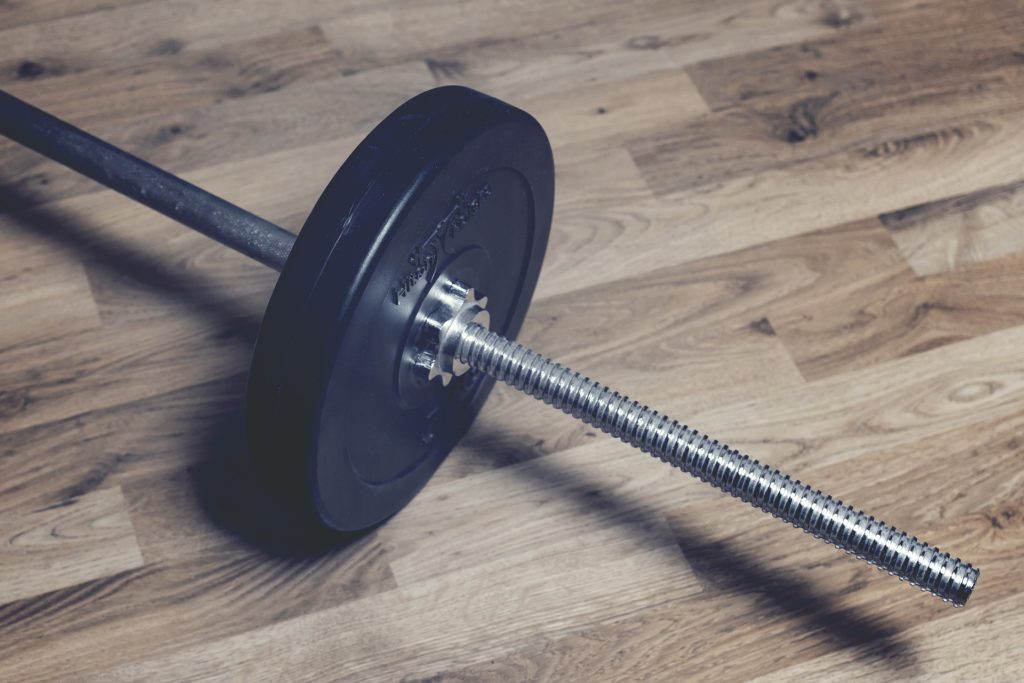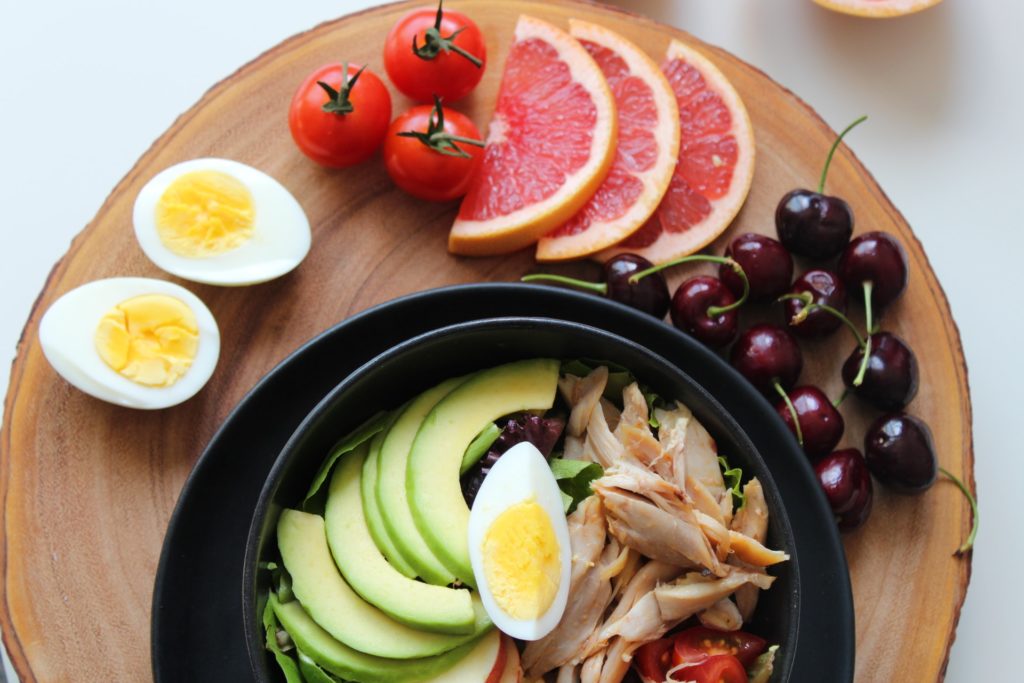A common goal, and an important one at that, is making some healthy lifestyle changes. There are so many good reasons to focus on improving our overall health. One of the most common reasons is to look and feel better physically, which often leads to increased confidence and improved mental health. Other good reasons to get healthy may include keeping medical bills low, living longer for your children or grandchildren, and avoiding illness. As humans, it is essential that we thrive- not just survive! Take the first steps today towards a new and improved you. The following is a beginners guide to a healthy lifestyle including healthy eating and regular exercise. It should be noted that everyone’s body is different, and not everyone will have the same results or progression. Because every individual is different, the key is finding what works for you. The following are some suggestions to help you get off on the right foot.
1. Drink More Water
Drinking water is critically important to your health, but often overlooked. Water does amazing things for your body including maintaining fluid balance, transporting nutrients to the rest of the body, regulating body temperature, digesting food, and cleansing the skin. Additionally, water will give you the extra energy you need when exercising. If you want to lose weight and get healthy, put down the sugary soda or juice and start drinking more water. This change will also decrease your risk for conditions such as diabetes and obesity. It is recommended you drink at least eight, 8 oz glasses per day- or approximately half a gallon of water.

2. Exercise
Exercise is such an important piece to living a healthy life. It is great tool in defending against serious health conditions such as heart disease, strokes, metabolic syndrome, diabetes, depression, arthritis, and even some types of cancer. Exercising can also help to improve your mood & mental health! During exercise endorphins are released into your brain. These chemicals trigger a “happy feeling”, helping improve your overall feeling of well-being.
Exercise is one of the most important things to do if you want to stay healthy. If your ultimate goal is to lose weight, you need to burn more calories than your body is taking in through food. Increased intensity and duration of work outs will result in more calories being burned. It is recommended you get 30-60 minutes of active exercise per day. While this is not always possible with busy schedules, try some other ways of getting active throughout the day. Examples include taking the stairs instead of the elevator, parking further away from the door, and walking short distances instead of driving.

3. Sleep
Sleep is very important to maintaining a healthy lifestyle. According to a study done by Columbia University, “People who sleep less than 7 hours per night are heavier, gain more weight over time, and have a harder time losing weight” (Women’s Health Mag). Getting enough sleep every night is crucial for your body to function at its best, as well as to give you energy. Getting enough sleep will also directly affect your eating habits. Being tired effectively dulls the activity happening in your brain, specifically in the frontal lobe. This area of the brain is responsible for decision making and impulse control. Not getting enough sleep can lead to eating larger portions and making poor dietary decisions. According to an article on WebMD called Sleep more, weigh less, “researchers found that a lack of sleep led to increased cravings for energy-dense, high carbohydrate foods.” If you want to feel energized, as well as have control of your eating habits and portions, be sure to get enough sleep every night.

4. Eat Well
Good nutrition is one of the keys to living a healthy life. Simply changing the food you eat, or the amount you eat, can have a drastic change on your body. Below are some dietary suggestions that can help you achieve a healthier lifestyle:
Leafy Greens– Vegetables such as kale, spinach, and collards are great examples of leafy greens that are low in carbs and calories, but have tons of fiber and nutrients. Providing the body with vitamins, minerals, and antioxidants, leafy greens are a great addition to any diet!
Cruciferous Vegetables– This includes vegetables such as broccoli, cauliflower, and Brussels Sprouts. These are filling, and high in fiber and protein.
Fish– Salmon and tuna are very healthy and nutritionally beneficial. They are high in quality protein and healthy fats, but low in calories. Fish can be a very delicious and satisfying meal!
Lean Beef & Chicken Breast– These meats are high in protein- which in turn will help you to burn more calories. Always try and avoid processed meats as they are consistently linked to harmful health effects.
Beans & Legumes– beans and legumes such as Lentils, chickpeas, kidney beans, and soy beans are rich in healthy fibers and protein. Legumes are one of the best plant based sources of protein, which is why vegetarians often use them as a replacement for meat in their meals.
Nuts– Nuts such as almonds, cashews, and pistachios make a great snack. They have a good balance of protein, fiber, and healthy fats. Additionally, they can help improve metabolic health.

5. Practice Self Discipline
One of the most difficult things to do when making a lifestyle change is to actually follow through with your plans. On paper it seems simple: eat healthy, drink water, and exercise. While some of these things can take some getting used to, it is usually following through with them day after day that becomes the hardest obstacle to overcome. Below are some key points to identify which will help you along the way.
- Know your weaknesses. By simply acknowledging that you struggle with a particular aspect of your healthy lifestyle change, you have already moved one step closer to completing your goal. You cannot overcome these obstacles before acknowledging they exist.

- Remove any temptations. Similar to understanding your weaknesses, if you are going to be tempted by something, remove it from your life! It’s awfully hard to snack on some vegetables when you have a cupboard full of cookies.
- Set your goals. Setting goals is a good way to track your progress and allows you to recognize the changes that are happening in your body. Set an over-arching large goal, accompanied by some smaller, more easily obtainable goals along the way. This will also be a great way to stay motivated.
- Reward Yourself. It can be hard to stick to your goals every day. That’s why it is important to implement some kind of reward system for yourself to help stay motivated. It’s also important to realize that no one is perfect, and you may sometimes fall short of your goals. Forgive yourself and move on. Instead of spending time feeling guilty, simply dedicate yourself to getting refocused.
Looking for more easy ways to get healthy in the new year? Check out this article from Health.com for 20 quick and easy ways to get healthier faster







